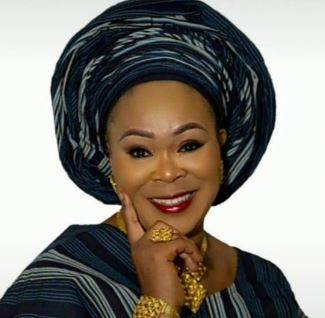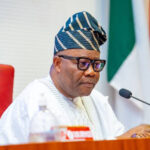*Advocates concerted actions to remove women from endemic poverty, hardships
By Ada Okafor
Worried by the present socio-economic status of Nigerian women in comparison with their male counterparts, the Minister of Women Affairs, Barr. Uju Kennedy Ohanenye, has reiterated the urgent need for appropriate measures and policies to be put in place to address this in-balance even as Nigeria is ranked 123rd globally based on the 2022 World Gender Gap report.
According to the minister, “part of the issues that contribute to this gender inequality on economic status of Nigerian women is the present trend where some of the funds from development partners such as World Bank and UNICEF are not properly channeled to change the status of vulnerable women and children”.
Speaking to the media on wide range of issues bordering on empowerment on Nigerian women and the girl child, Barr Uju recalled that “some Nigerian women at the rural levels for whom these funds are meant for, still suffer deprivation and those who are into farming are subjected to still use their bare hands when they can be introduced to modernized equipment which will not only enhance their productive capacity but will also their socio-economic wellbeing. We cannot be doing things the old ways and expect better outcomes, our women deserve to use modern equipment in farming if their impact must be felt in growing the nation’s Gross Domestic Product” she added.
She also revealed plans by the Ministry to acquire modernized rice milling machine that will de-stone, de-chaff, parboil to ensure increase rice production which will ensure food sufficiency in line with President Bola Ahmed Tinubu’s Renewed Hope agenda on food security.
Still on the need to justify the release of funds from foreign donors, the Women Affairs Minister advocated for proper accountability, transparency and the need for the funds to be accessed by the actual end users at the rural communities as this measure will reduce insecurity, poverty, inflation and other social vices.
On the rate of out-of- school children in Nigeria, Barr. Ohanenye compared the 2018 report of the United Nations Educational, Scientific and Cultural Organization (UNESCO) of 10.5 million and the 2022 figure of 20 million and asked for urgent government intervention to reverse this trend through empowerment of women with skills acquisition and vocational trainings to enhance their productive capacity, make them self-reliant and support their husbands to put their children through schools and thus reduce the number of children who are out-of-school in Nigeria.



